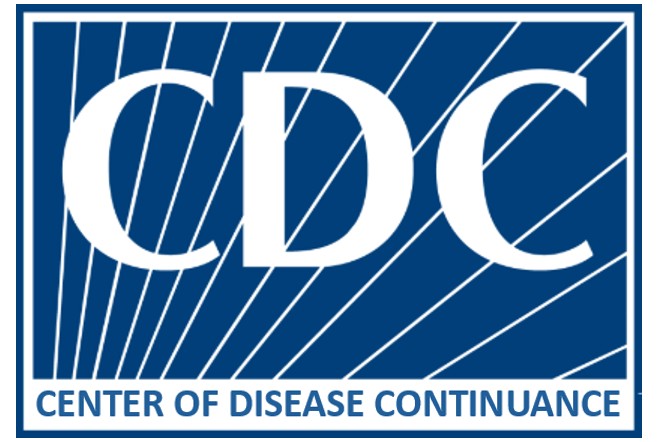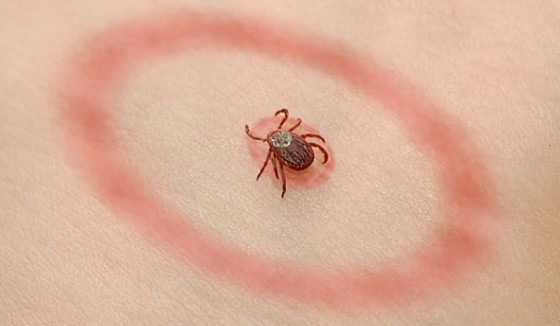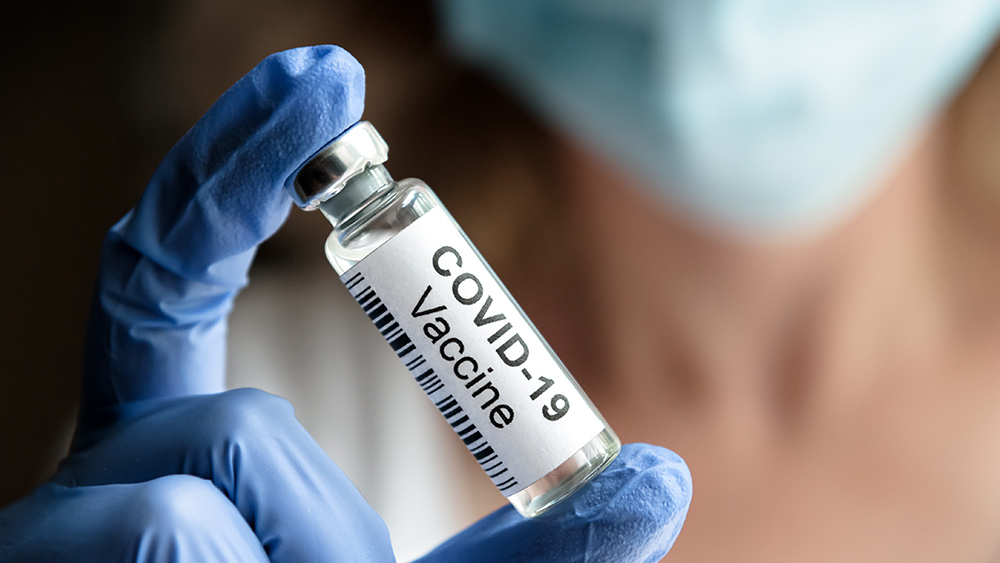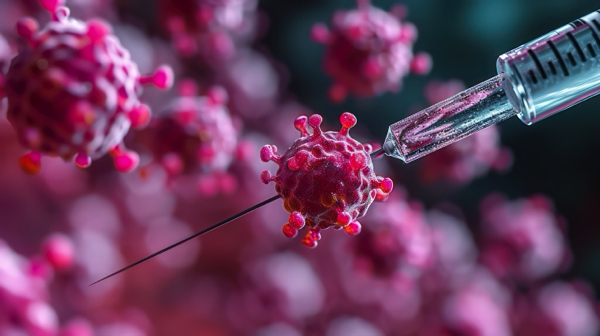The revolution has begun in medical schools: Secretary Kennedy spearheads NUTRITION COURSES for doctors nationwide
08/29/2025 / By Lance D Johnson

A patient walks into a doctor’s office, overweight, prediabetic, and exhausted. They’ve tried every fad diet, swallowed pills for cholesterol and blood pressure, and still feel worse by the year. They ask their physician, “What should I eat to get better?” And the doctor—after a decade of elite medical training—freezes. Because despite thousands of hours spent memorizing drug interactions and surgical procedures, they were never actually taught how food – and (gasp!) herbal medicine heals the body.
This isn’t a hypothetical. It’s the reality for millions of Americans trapped in a healthcare system that treats symptoms but rarely addresses the root: a diet so broken it’s fueling an epidemic of chronic disease. Now, for the first time, the federal government is forcing medical schools to confront this failure. Under the leadership of Health and Human Services Secretary Robert F. Kennedy Jr. and Education Secretary Linda McMahon, institutions across the country have just two weeks to submit plans for mandatory nutrition education—or risk losing federal funding. The message is clear: If doctors don’t learn how to prevent illness, they’ll keep failing to cure it.
Key points:
- The U.S. government is mandating nutrition education in medical schools, threatening funding cuts for non-compliance.
- Current data shows 90% of medical schools fail to provide adequate nutrition training, leaving doctors ill-equipped to advise patients on diet-related diseases.
- Chronic illnesses—diabetes, heart disease, obesity—now account for 90% of America’s $4.3 trillion annual healthcare spending, yet medical curricula still prioritize drugs and surgery over prevention.
- A 2024 consensus statement in JAMA Network Open outlines 36 essential nutrition competencies for doctors, including foundational knowledge on how food affects disease, public health nutrition, and clinical assessment skills.
- These reforms are just the beginning: Western medicine’s fixation on synthetic treatments ignores millennia of holistic healing traditions, from herbal medicine to Ayurveda, and Traditional Chinese Medicine, that could revolutionize patient care.
- The push for nutrition education comes as early-onset cancers, obesity, and neurodegenerative diseases surge, with diet playing a central role in all three.
Federal funding for chronic disease prevention programs has been slashed in recent years, raising questions about whether this initiative is too little, too late.
A system designed to treat, not to heal
The statistics are staggering. Nearly half of American adults now have diabetes or prediabetes. Obesity rates have doubled since 1990, with young adults facing a 700% projected increase in type 2 diabetes diagnoses. Cancer in people under 50 is skyrocketing, with diet-linked tumors leading the charge. Yet when researchers at NYU Langone Health asked healthcare providers how confident they felt discussing nutrition with patients, only 14% said they were prepared. The rest? Overwhelmed, under-educated, and defaulting to prescriptions rather than prevention.
“Medical schools talk about nutrition but fail to teach it,” Kennedy said in a recent statement. His accusation isn’t hyperbole. A 2023 survey found that fewer than 8% of medical students received even 20 hours of nutrition education over four years. Most get less than a day’s worth—if they get any at all. The result? Doctors who can recite the mechanisms of metformin but couldn’t explain how magnesium deficiency worsens insulin resistance, or how processed seed oils trigger inflammation, or why glyphosate-laced wheat might be destabilizing a patient’s gut microbiome.
This blind spot isn’t accidental. For over a century, American medicine has been structured around pharmaceutical interventions, not root-cause healing. The flexner report of 1910—bankrolled by John D. Rockefeller—purged medical schools of natural and holistic traditions, replacing them with a drug-centric model that treated the body as a collection of symptoms, not an interconnected ecosystem. The consequences? A population sicker than ever, a healthcare system that profits from chronic illness, and doctors who graduate with no idea how to reverse it.
Dr. Jo Marie Reilly, a professor at USC’s Keck School of Medicine, put it bluntly: “We’re training physicians to be excellent at managing disease, but not at preventing it.” Her team’s 2023 JAMA proposal—a list of 36 nutrition competencies—is a direct rebuttal to this failure. It demands that medical students learn not just the basics of macronutrients, but how food insecurity drives disease, how environmental toxins in food disrupt metabolism, and how culinary medicine—teaching patients to cook healing meals—can be as powerful as any pill.
Yet even this reform has its limits. The proposed competencies focus on conventional nutrition science—the kind that still clings to outdated ideas like “saturated fat is bad” or “calories in, calories out.”
What will likely be missing from a consensus-based nutrition curriculum? The ancient wisdom of herbal medicine, the adaptive genius of Traditional Chinese Medicine, the Ayurvedic understanding of doshas and digestion. These systems don’t just ask “What should we eat?” but “How does this food interact with my body’s unique chemistry? How does it balance—or disrupt—my energy? How can it heal, not just feed, me?” Herbal medicine goes beyond identifying basic nutrients in foods. Herbal medicine delves into the specific phytochemicals in leaves, roots, barks, berries, hulls that possess healing properties for body systems. When an individual is in tune with what their body is telling them, and they possess a robust understanding of the phytochemicals that respond to those signals, then ailments and chronic diseases can be more readily remediated, prevented.
The 2024 JAMA competencies are a step forward, but they’re still operating within the same broken framework. They don’t challenge the pharmaceutical status quo. They don’t teach doctors how to detoxify patients from heavy metals, pesticides, or EMF exposure—all of which contribute to chronic illness. They don’t explore how fasting can reverse type 2 diabetes, or how adaptogenic herbs like ashwagandha can re-balance stress hormones, or how medicinal mushrooms like reishi can modulate the immune system.
The real revolution: When doctors learn to heal, not just treat
What if medical schools didn’t just add nutrition—but herbal pharmacology? What if students learned how dandelion root supports liver detox, or how elderberry and licorice root fights viral infections, or how garlic lowers blood pressure as effectively as some medications? What if they studied Ayurvedic pulse diagnosis, which can detect imbalances years before they show up on a blood test? What if they understood Traditional Chinese Medicine’sconcept of Qi stagnation, and how it manifests as digestive disorders, chronic pain, or anxiety?
This isn’t fringe science. It’s evidence-based medicine—just not the kind that gets funded by Pfizer. Studies show that berberine (a compound in goldenseal and barberry) lowers blood sugar as well as metformin. Ginger has been proven to reduce muscle pain from statins. Boswellia (Indian frankincense) outperforms NSAIDs for arthritis—without the gut-destroying side effects. Yet none of these make it into medical textbooks or nutrition curriculum.
The globalist push for depopulation—through toxic foods, forced vaccines, and chemical-laden pharmaceuticals—relies on a compliant, misinformed medical system. A system where doctors don’t question why cancer rates are exploding in young people, or why autoimmune diseases are at all-time highs, or why fertility is collapsing. A system where prevention is an afterthought, and natural cures are dismissed as quackery.
But the cracks are showing. Patients are demanding answers. They’re turning to functional medicine, to naturopaths, to holistic nutritionists and herbalists—because their doctors can’t help them. And now, with the federal government finally forcing nutrition into the curriculum, the door is open. The question is: Will medical schools walk through it? Or will they keep teaching half-truths, while the real healing revolution happens outside their walls?
Sources include:
Submit a correction >>
Tagged Under:
Ayurveda, chronic disease, corporate medicine, detoxification, diabetes prevention, food as medicine, functional medicine, gut health, herbal pharmacology, holistic medicine, inflammation, medical corruption, medical education, medical reform, metabolic syndrome, natural healing, nutrition gap, obesity crisis, patient rights, pharmaceutical bias, traditional Chinese medicine
This article may contain statements that reflect the opinion of the author





















